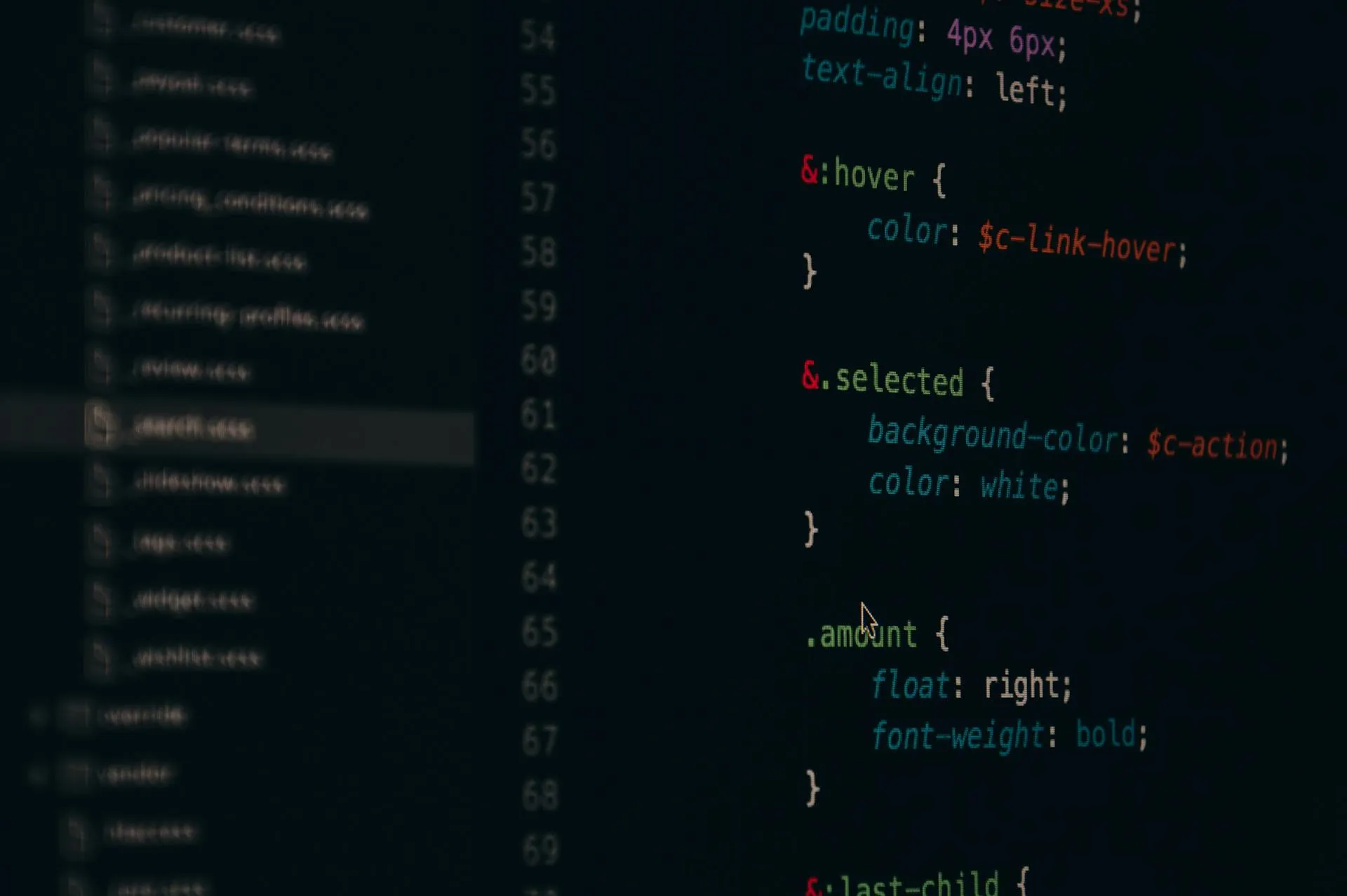Modern, Popular JavaScript Frameworks Comparison
Compare React, Vue, and Angular: features, performance, and use cases. Choose the ideal JavaScript framework for your web development project.

Choosing the right web development framework is crucial for the success of your project. As experienced web developers, we understand that each framework has its unique strengths and ideal use cases. In this comprehensive comparison, we’ll explore React, Vue, and Angular to help you make an informed decision for your next web development project.
Understanding Web Development Frameworks
Before diving into the comparison, let’s clarify what a web development framework is. A web development framework is a structured foundation of pre-written code that developers can use to build web applications more efficiently. It provides a standard way to build and deploy web applications, eliminating the need to write everything from scratch.

Brief Overview of Each Framework
React
React, developed and maintained by Facebook (now Meta), is technically a JavaScript library rather than a full framework. It focuses on building user interfaces through reusable components. React introduced the concept of a Virtual DOM (Document Object Model), which is a lightweight copy of the actual DOM that helps optimise rendering performance.
// Example of a simple React component
function Welcome() {
return (
<div className="greeting">
<h1>Welcome to Our Website</h1>
<p>Built with React for optimal performance</p>
</div>
)
}
Vue
Vue, created by Evan You, is a progressive JavaScript framework. “Progressive” means you can adopt it incrementally - use as little or as much of Vue as you need. Vue combines the best aspects of other frameworks: React’s Virtual DOM, Angular’s templating, and its own unique features.
<!-- Example of a Vue component -->
<template>
<div class="greeting">
<h1>Welcome to Our Website</h1>
<p>Built with Vue for progressive enhancement</p>
</div>
</template>
<script>
export default {
name: "Welcome",
}
</script>
Angular
Angular, maintained by Google, is a comprehensive TypeScript-based framework. It provides a complete solution for large-scale applications, including built-in tools for routing, form handling, and state management. TypeScript, a superset of JavaScript, adds optional static typing to help catch errors early in development.
// Example of an Angular component
import { Component } from "@angular/core"
@Component({
selector: "app-welcome",
template: `
<div class="greeting">
<h1>Welcome to Our Website</h1>
<p>Built with Angular for enterprise-grade applications</p>
</div>
`,
})
export class WelcomeComponent {}
Learning Curve and Documentation
The learning curve varies significantly between frameworks:
Vue’s Gentle Learning Curve
Vue is often praised for its approachable learning curve. Its documentation is well-written and available in multiple languages. Vue’s syntax feels natural to both HTML and JavaScript developers, making it an excellent choice for beginners.
React’s Moderate Learning Path
React requires understanding JavaScript ES6+ features and JSX (JavaScript XML), which combines JavaScript with HTML-like syntax. While the core concepts are straightforward, mastering React’s ecosystem of tools and best practices takes time.
Angular’s Comprehensive Approach
Angular has the steepest learning curve among the three. Developers need to understand TypeScript, decorators, dependency injection, and various other concepts. However, this investment in learning pays off in large, complex applications.

Community and Ecosystem Support
A framework’s community and ecosystem can significantly impact your development experience:
React’s Vast Ecosystem
- Largest npm package collection
- Extensive third-party components
- Active Stack Overflow community
- Regular updates and improvements
Vue’s Growing Community
- Strong GitHub presence
- Official packages for common needs
- Clear upgrade paths
- Active Discord community
Angular’s Enterprise Focus
- Corporate backing from Google
- Comprehensive documentation
- Regular release schedule
- Professional support options
Performance and Scalability
Performance metrics from recent benchmarks show:
React
- Fast initial page load
- Efficient updates through Virtual DOM
- Excellent for single-page applications
- Scalable with proper code splitting
Vue
- Quick startup time
- Minimal bundle size
- Efficient component rendering
- Great performance out of the box
Angular
- Optimised for large applications
- Powerful change detection
- Built-in performance tools
- Excellent for enterprise-scale projects

Ideal Use Cases
React
Best suited for:
- Dynamic user interfaces
- Single-page applications
- Projects requiring extensive customisation
- Teams with strong JavaScript experience
Vue
Perfect for:
- Progressive enhancement of existing sites
- Small to medium-sized applications
- Teams transitioning from jQuery
- Projects requiring quick development
Angular
Ideal for:
- Enterprise-level applications
- Large-scale projects
- Teams requiring structured development
- Applications needing built-in tools
Professional Development Services
While choosing a framework is important, implementing it correctly is crucial. Our web design services include:
- Expert development in all major frameworks
- Custom solution architecture
- Performance optimisation
- Ongoing maintenance and support
We also provide SEO services to ensure your web application ranks well in search results.
Conclusion
Each framework has its strengths:
- Vue excels in simplicity and gradual adoption
- React offers flexibility and a vast ecosystem
- Angular provides a complete enterprise solution
Need help choosing or implementing the right framework for your project? Contact us for expert guidance and professional development services tailored to your needs.